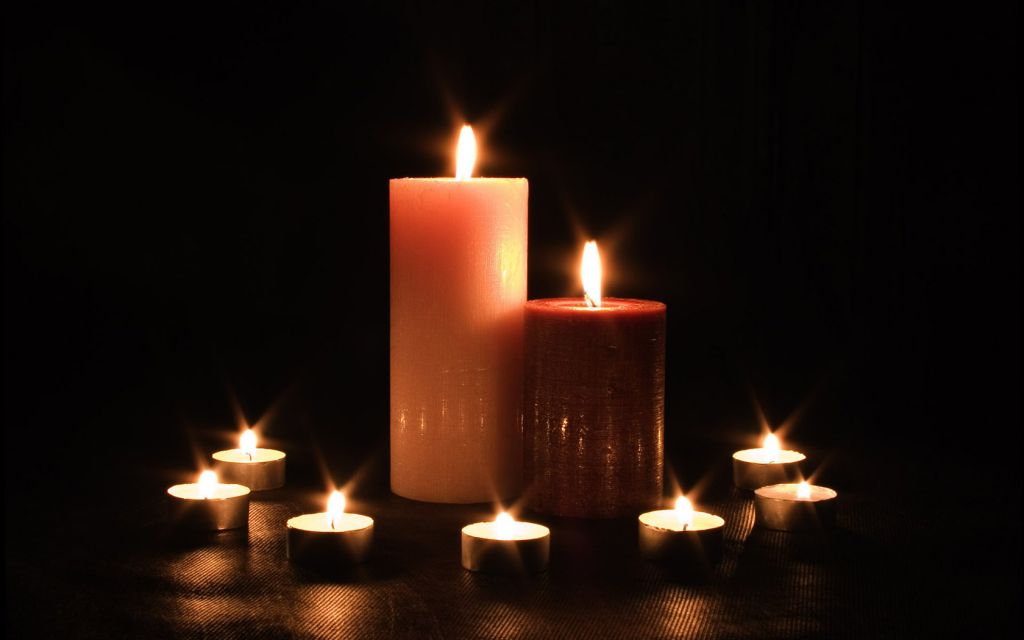
3 April 2015 by Esperanza Ng CM-
Maundy Thursday. It’s such a funny word, right? Maundy. What does it even mean, and what is its significance in the Passion Week? Why do we need to know what happened on Thursday? Jesus died on Friday and rose on Sunday. That’s the only part that’s important to us, right?
Well. No, not really. Of course, Good Friday and Easter Sunday are indisputably vital. Without Christ’s death and resurrection, Christianity would be the biggest joke on the planet. However, numerous important things happened on Maundy Thursday before Judas handed Jesus over to the authorities.
It was the day He gave us the New Commandment, demonstrated humility and servant leadership, and had the Last Supper with His disciples. After supper, Jesus went with his disciples to the Garden of Gethsemane, spent the remainder of the night in prayer, and not long after, was arrested and brought before King Herod early on Friday morning.
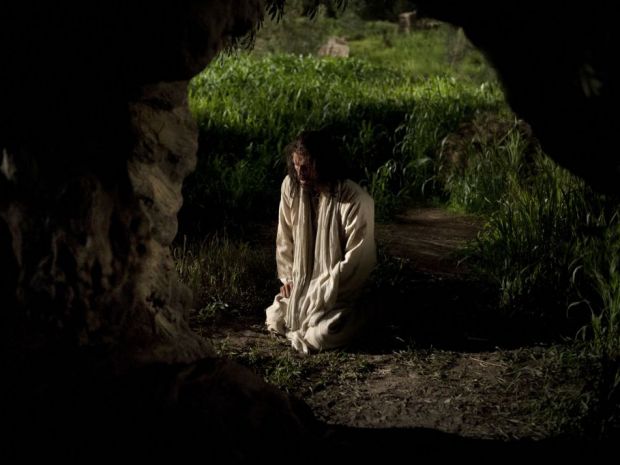
So while we don’t often place much emphasis on that Thursday before Jesus was crucified, it was packed with some irreplaceable moments that our entire faith is built upon. Unlike His disciples who kept dozing off, Jesus didn’t sleep a wink all night in preparation for the biggest assignment of His life—an assignment that changed the entire course of history. Most intense all-nighter ever? I would say so!
Well, what does Maundy mean? It comes from the Latin word, Mandatum, which means mandate, or commandment. It was on this day that Jesus gave us the New Commandment to love one another.

A new command I give you: Love one another. As I have loved you, so you must love one another. By this everyone will know that you are my disciples, if you love one another.” (John 13:34-35)
By the love of Christ that we display to one another, others will see and know that we belong to the Kingdom of God. The commandment that Jesus gave to us that night is one of the main markers that set Christianity apart from all the other faiths and beliefs in our world. In giving us this simple yet profound responsibility, Christ simultaneously entrusted us with the power to transform lives for His sake solely through our actions.
It was also on that Thursday night that Jesus broke all conventions and traditions, stooped down to the level of the lowest servant, and washed His disciples’ feet. It is important to note that Jesus knew it was His final night with His disciples. After travelling with them for about three years, anything He had to say to them at this point was undoubtedly poignant—and He chose to wash their feet.
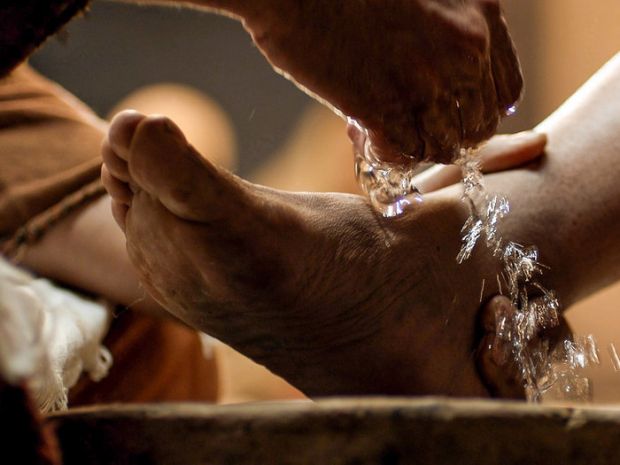
When he had finished washing their feet, he put on his clothes and returned to his place. “Do you understand what I have done for you?” he asked them. “You call me ‘Teacher’ and ‘Lord,’ and rightly so, for that is what I am. Now that I, your Lord and Teacher, have washed your feet, you also should wash one another’s feet. I have set you an example that you should do as I have done for you. Very truly I tell you, no servant is greater than his master, nor is a messenger greater than the one who sent him. Now that you know these things, you will be blessed if you do them. (John 13: 12-17)
Finally and perhaps the most recognized event of that day, there is the Feast of the Passover, and the sacrament we know today as the Lord’s Supper.
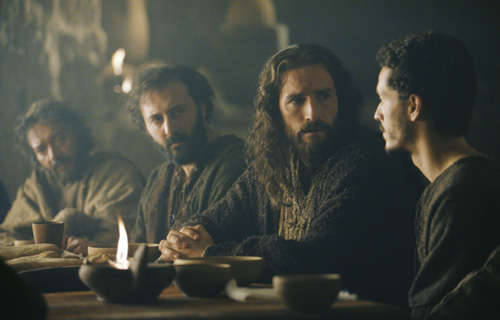
And he took bread, gave thanks and broke it, and gave it to them, saying, “This is my body given for you; do this in remembrance of me.” In the same way, after the supper he took the cup, saying, “This cup is the new covenant in my blood, which is poured out for you. (Luke 22:19-20)
When Jesus broke the bread and passed the cup around, He introduced for the first time, the bread as His body, and the wine as His blood. He also called it the New Covenant. For His disciples who, at that moment had no idea what the following hours held in store, Jesus’ words probably left them rather confused.
In Jewish tradition, the covenant they were familiar with was the sacrifice of a lamb made to God by the High Priest in the Temple to atone for the sins of Israel. Since we know that Jesus’ death on the cross became the atonement for our sin, we can understand that Jesus was telling us to remember His gift of salvation to us through His blood whenever we observe the Lord’s Supper.
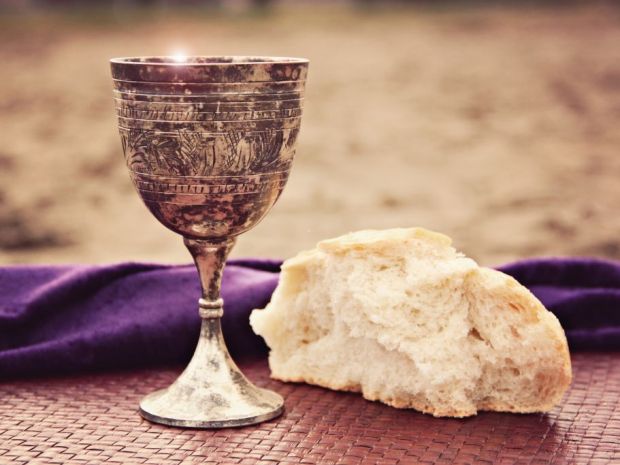
In order to better understand the Passover Feast and how it relates to us as we rejoice in this Easter season, some churches have started celebrating the Passover Seder in light of Christ’s death and resurrection. Last night, I had the opportunity of taking part in one such Passover meal at Whispering Hope Methodist Church and the experience was indeed quite special.

While some Christians may have qualms about partaking in such a “ritualistic” rite that is not particularly “ours” to celebrate, we participate in it with the intention of better understanding our Jewish roots, and with the understanding that Christ is our Passover Lamb.
Throughout the Passover meal, we are reminded of God’s goodness in leading His people out of bondage from slavery and how we have a hope and future in Christ’s second coming. While the Jews traditionally conclude their meal by expressing their hope for the Messiah’s coming, as Christians, we conclude by expressing our hope for Jesus’ triumphant return, because we are confident that Jesus is the Messiah and has already redeemed us from the eternal consequences of our sin.

Therefore, while the traditional Jewish Passover Seder ends with the expression, “Next year in Jerusalem,” in anticipation for the next Passover Celebration until the coming of the Messiah, we, who have proclaimed Christ Jesus as our Savior and eagerly await His second coming can say, “Next year in the New Jerusalem!”
| Share the Good News |

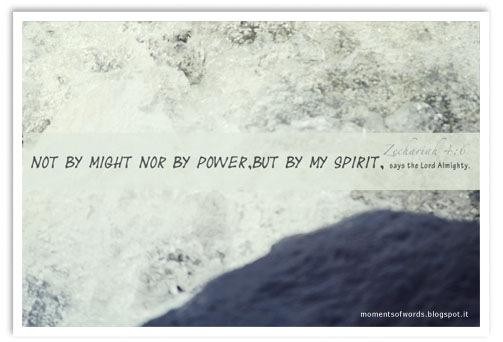
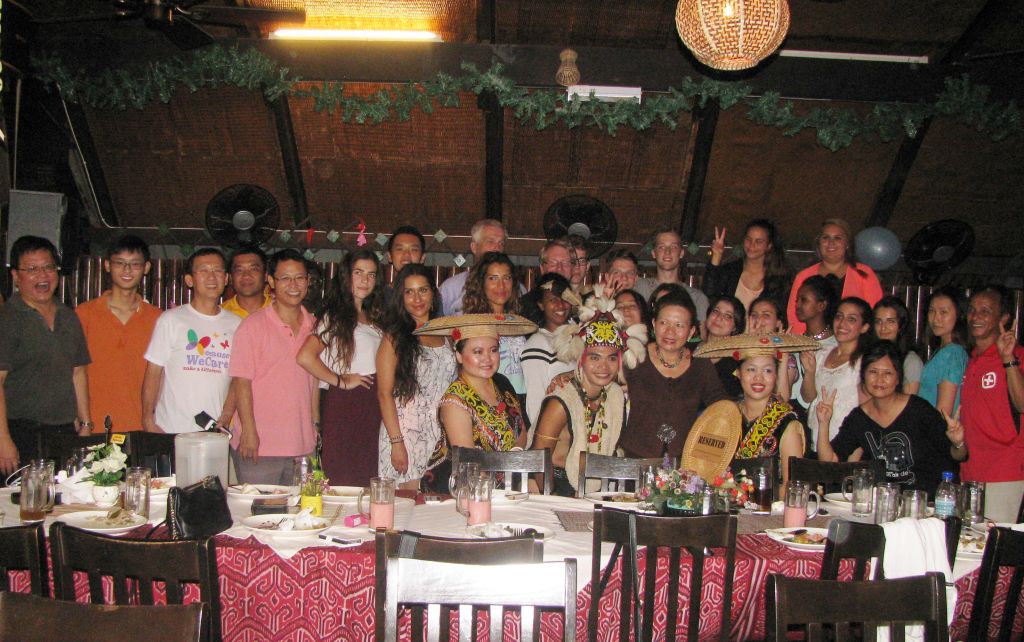

Leave a Reply